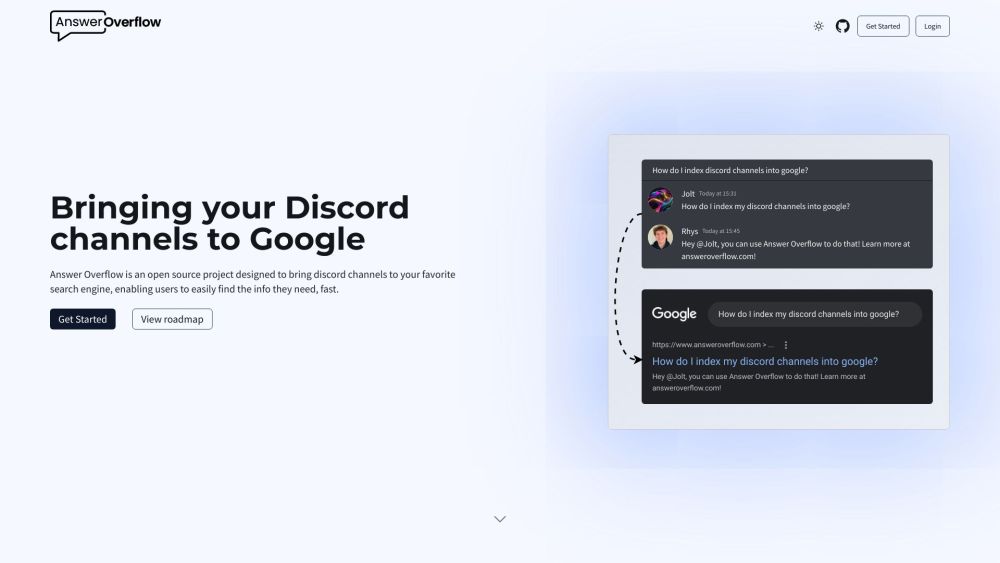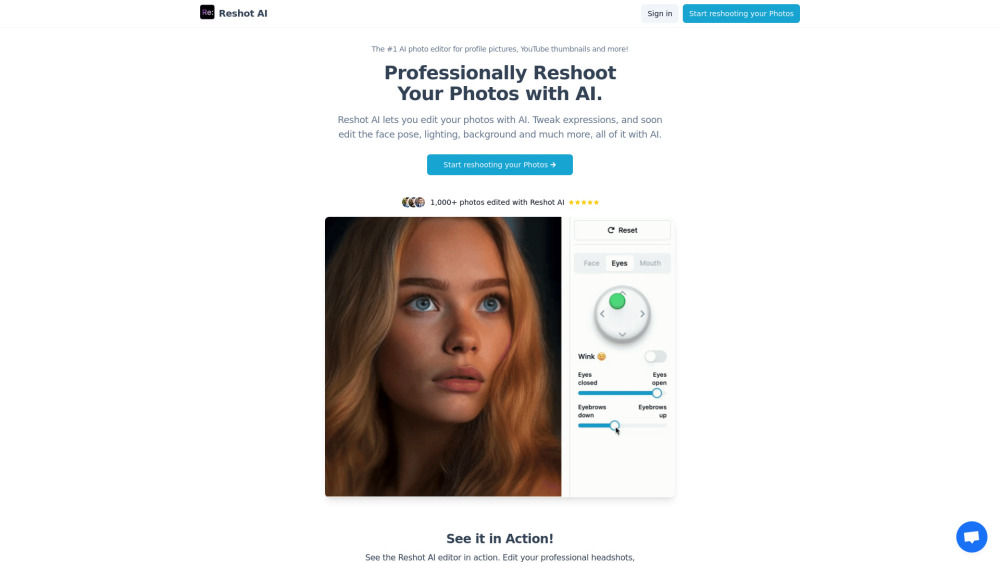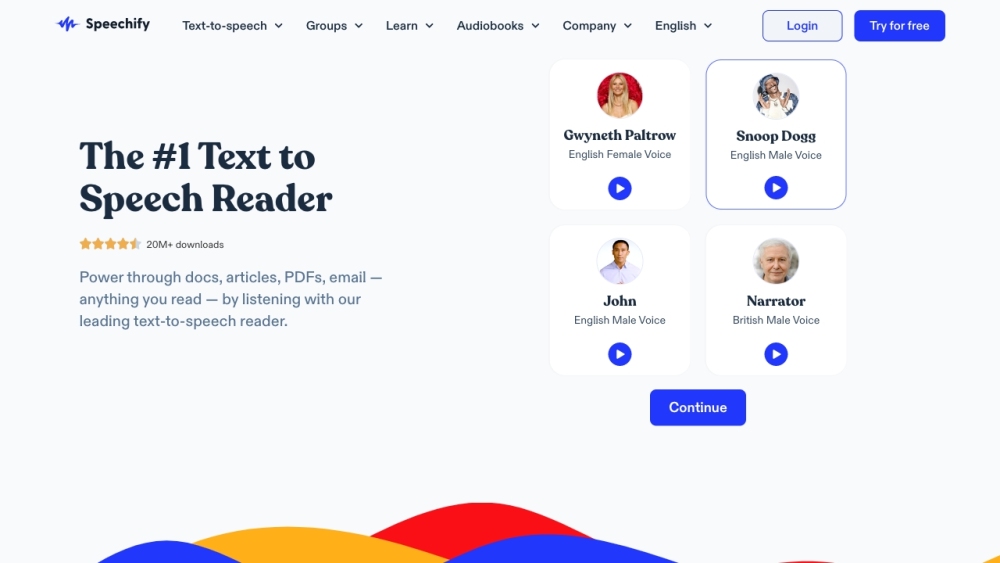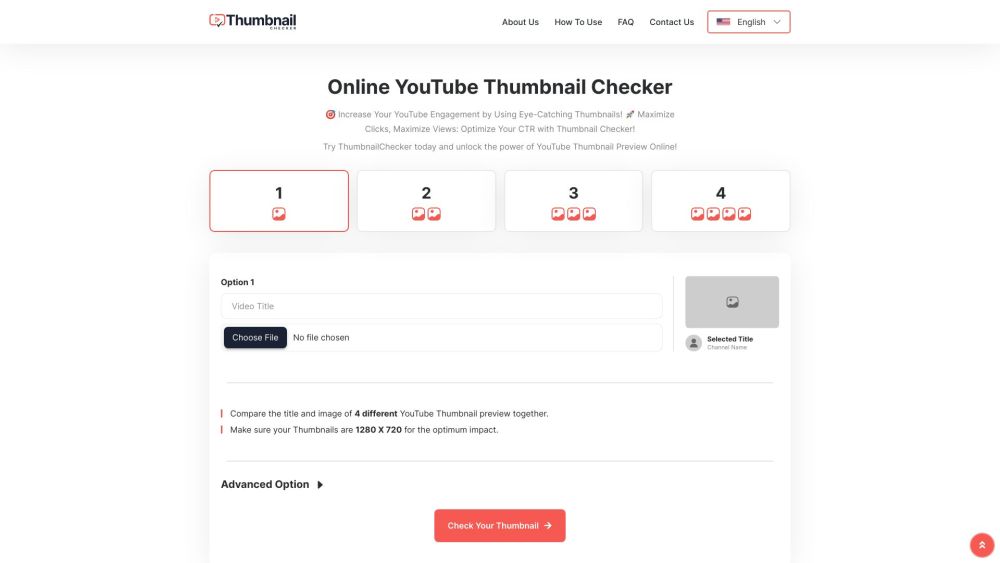OpenAI is set to launch its much-anticipated GPT Store in the first quarter, according to Adam Goldberg, a member of the Go-To-Market (GTM) team for ChatGPT Enterprise. Speaking at the AI Summit in New York, Goldberg described the GPT Store as a marketplace for GPTs, akin to an app store, where users can not only access various configurations of GPTs but also sell the ones they create starting shortly after the launch. "I think that's going to be wild," Goldberg remarked, highlighting the innovative potential of this initiative.
Introduced during OpenAI’s inaugural developer conference, DevDay, GPTs represent tailored versions of ChatGPT that organizations can develop for specific needs. Notably, creating these personalized GPTs requires little to no programming knowledge, thanks to the newly implemented GPT Builder program, which utilizes natural language for its setup.
Goldberg emphasized that GPTs will serve as the backbone of its AI agent framework, enabling users to build AI agents geared toward optimizing workflows and enhancing business processes without any coding expertise. "You can build custom, bespoke, transformative AI," he stated, emphasizing the accessibility and adaptability of these AI tools.
During DevDay, OpenAI showcased a collaboration with Canva, an online design platform that has successfully integrated a GPT, allowing users to generate designs purely through natural language instructions. The motivation behind the GPT Builder stemmed from CEO Sam Altman's experiences at Y Combinator, where he once envisioned the creation of a bot capable of performing specific tasks—a dream now becoming reality.
In addition to the GPT Store, OpenAI plans to introduce a self-service portal for ChatGPT enterprise customers, simplifying the registration process for multiple users and enabling payments via credit card.
As for the reinstatement of ChatGPT Plus for new subscribers, Goldberg announced it will be “coming soon.” The company paused new subscriptions temporarily after being inundated with demand following DevDay, prioritizing the user experience for existing subscribers.
Goldberg also recounted a turbulent week in November when CEO Sam Altman faced an abrupt ousting and subsequent rehiring. Reflecting on that chaotic period, he shared how he expressed confidence to his wife, stating, “Satya will save us,” referring to Microsoft CEO Satya Nadella. In the wake of Altman's dismissal, Nadella tweeted support for OpenAI and expressed his intention to hire Altman and other employees who were contemplating leaving, while also welcoming the possibility of Altman's return.
Goldberg noted that he signed an open letter along with over 700 fellow employees, indicating they would resign if Altman was not reinstated. The collective sentiment was clear: OpenAI was thriving, and the message to the organization’s nonprofit board was straightforward: "Don't screw this up!"
Following these events, OpenAI committed to strengthening its governance by appointing a new board that includes notable figures such as former U.S. Treasury Secretary Larry Summers, former co-CEO of Salesforce Bret Taylor, and Quora co-founder Adam D'Angelo. Only D'Angelo remains from the previous board. Goldberg revealed plans for the board to expand to nine members, although he did not disclose the identities of the new appointees. Additionally, Microsoft will be designating a non-voting observer to the board, further solidifying their collaborative relationship with OpenAI.




